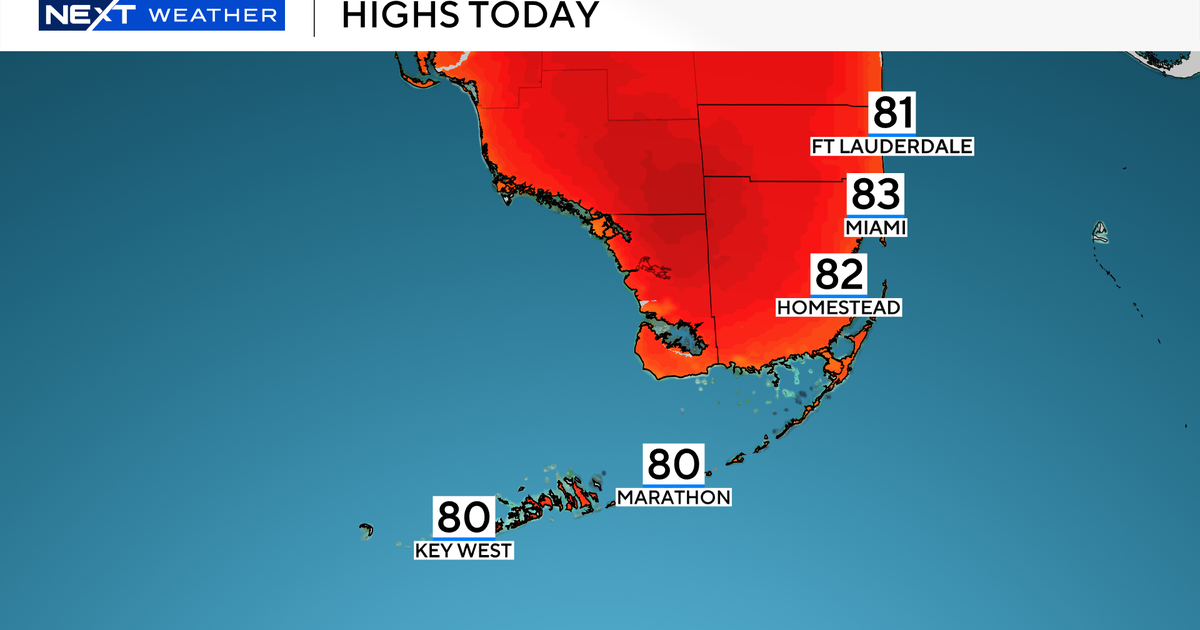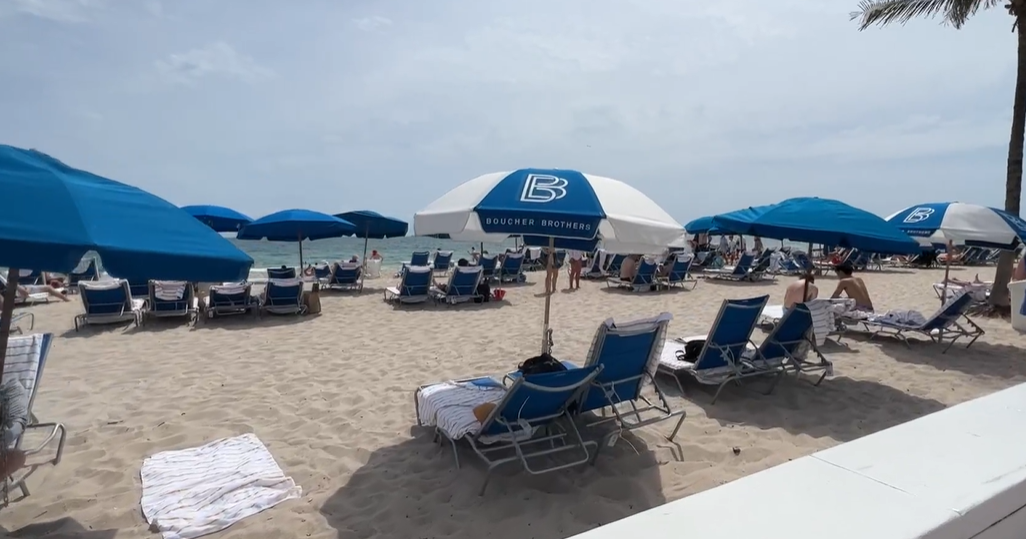Sweltering heat moves in after Idalia, crews focus on power restoration in hurricane hit Florida communities
PERRY - As many communities along Florida's west coast face oppressive heat Friday without air conditioning or electricity, crews are racing to restore power to tens of thousands in the aftermath of Hurricane Idalia.
Idalia inflicted record storm surge and knocked out power for hundreds of thousands after making landfall Wednesday morning as a powerful Category 3 storm, the strongest to touch down in Florida's coastal Big Bend region in more than a century.
As of 10 a.m. Friday, more than 90,000 homes and businesses across several counties reported power outages, according to PowerOutages.us. But officials say turning the lights back on is the top priority after the hurricane damaged thousands of homes, and made many roads impassable due to severe flooding and debris as well as downed trees and power lines.
"The bulk of the outages at this point are in that Big Bend region - a lot of the rural counties that bore the brunt of the storm," Gov. Ron DeSantis said Thursday during a news conference. "And so that is priority number one to start getting those reconnected."
The pressing need for power restoration comes as temperatures across the Big Bend region - the area between the panhandle and peninsula - are expected to continue seeing heat that can feel as high as 95 degrees Friday. Some areas also don't have clean running water.
Additionally, parts of the Big Bend region could see up to 3 inches of rain Friday into Saturday, which could impede recovery efforts as those areas are already waterlogged from Idalia.
Shonteria Hills found herself with few options when she tried to cool off at her local library in Monticello - a small city roughly 30 miles east of Tallahassee - but couldn't because it was also in the dark.
"That's going to be very tough. That's going to be very tough living in an area where it is extremely hot as it is," Hills said. "We're already in the heat. No air. No food. We really don't know how to survive this. We really need answers about when the power is going to be back on."
Deanne Criswell, the head of the Federal Emergency Management Agency, said Thursday the biggest concern currently is power restoration, noting that mutual aid resources have been deployed and the US Army Corps of Engineers is on standby to assist.
Making matters even more challenging is that the rain and humidity that arrived after Idalia barreled through caused temperatures to feel like they were well above 100 degrees Thursday.
The destruction Idalia left behind in Florida was not as severe as it could have been. Still, the ferocious storm flooded thousands of homes while ripping off roofs and dumping waist-deep water amounts onto many roads. As it weakened to a tropical storm, it also lashed the Carolinas with intense flooding and whipped up fierce winds in southern Georgia.
Residents express relief as cleanup begins
As of late Thursday, the exact death toll from Idalia and the full extent of damage in Florida were unclear.
After DeSantis and Criswell toured the hard-hit communities of Cedar Key, Horseshoe Beach and Steinhatchee along the west coast in the Big Bend region on Thursday, they said they'd witnessed significant flood damage.
Some residents said they were relieved Idalia's aftermath wasn't as bad as they anticipated.
Anthony Altman, the businesses owner of EXPLORIDA, an ecotourism company that offers manatee and scalloping tours, said the impact to his property could have been worse had he not prepared to evacuate ahead of the storm.
Altman said he rented a truck and moved his merchandise out of his business in Crystal River before Idalia made landfall, which he said helped minimize damage. Altman and his employees have begun the cleanup, and they're hoping to reopen soon.
"We got about 22 employees that are with us and that's 22 families and all local, so we want to get open for them," Altman said.
Meanwhile in Cedar Key - which is about 55 miles north of Crystal River - several houses along the water were destroyed while homes that are located more inland appeared untouched. Heather Greenwood, who manages Cedar Key Bed & Breakfast on the island, said she was relieved that her property suffered minimal damage.
"Look at what is positive about it all. I mean, our house is still standing. Some are not," Greenwood said, noting there was no loss of life in her community.
But deaths have been reported elsewhere. Two men were killed in separate, weather-related crashes Wednesday morning as Idalia barreled across Florida, said Florida Highway Patrol Sgt. Steve Gaskins.
On Thursday, DeSantis said, "So far, there's been one confirmed fatality and that was a traffic fatality in Alachua County." It's not clear why the governor and the highway patrol have different numbers for weather-related deaths.
Another death was reported in southern Georgia's Lowndes County, where a man trying to cut a tree on a highway died after a tree fell on him.
Officials praise residents obeying evacuation warnings
The human impact could have been much worse, according to some experts who credited both the accurate forecast and people's decisions to follow evacuation warnings.
"It seems that people have heeded that call, and we're grateful for that," said Kevin Guthrie, who heads the Florida Division of Emergency Management.
The governor echoed Guthrie's stance: "I think those officials in those really hard-hit counties ... did a good job. I think citizens responded very appropriately," DeSantis said Thursday.
DeSantis also credited the accuracy of Idalia's forecast.
The National Hurricane Center issued its first Idalia forecast last Saturday - back when the storm was near Cozumel, Mexico - and projected a US landfall within 10 miles of where it actually struck five days later, near Keaton Beach, Florida. And by then, at least 28 Florida counties had issued evacuation orders.
"These forecasts were pretty doggone accurate, particularly compared to what happened with Hurricane Ian - where we went in a matter of 48 hours to potentially having a Big Bend impact, then all of a sudden migrating all the way down to southwest Florida," DeSantis said Thursday.
The low death toll was "probably something that most people would not have bet on, four or five days ago, knowing how strong the storm was going to get," DeSantis said. "So, my hat's off to the people on the ground there who did a good job."



